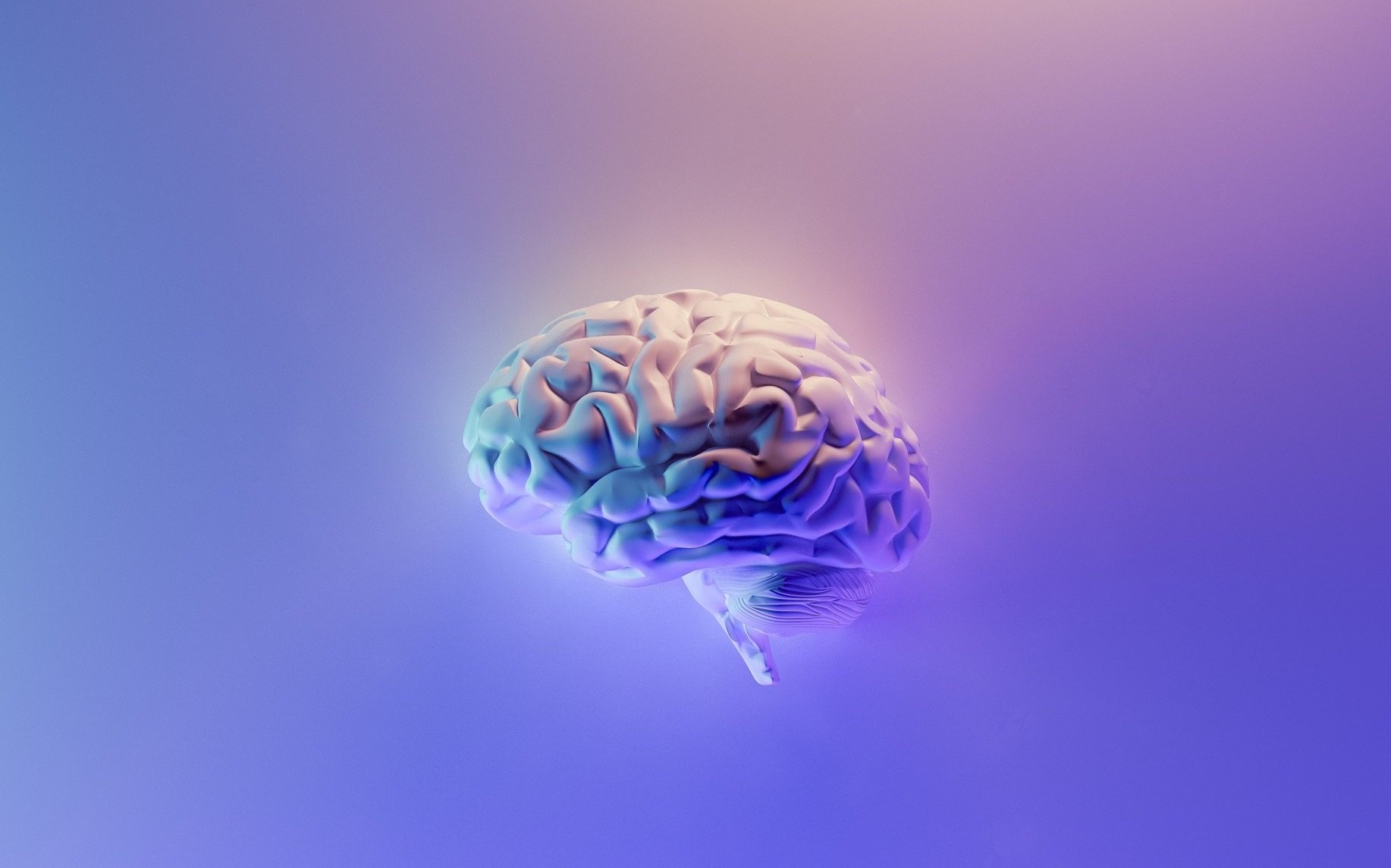Menopause and its impact on mental health
Can menopause affect your mental health?
The answer for many of us is, yes! When hormones become out of balance in menopause, but all too often in perimenopause, it can bring a raft of new, unexpected, and invisible symptoms that lead to changes in mood, anxiety, cognition problems and energy levels. Individuals with neurodivergent traits may experience new challenges or feel their current challenges have intensified during their menopause transition.
Why do hormones affect your mental health?
The psychological symptoms of menopause are often misconstrued or sometimes misdiagnosed. As the hormones oestrogen and progesterone decline in menopause, your body goes through a process of adjustment. These hormones, usually released at puberty, have previously coursed around your body sustaining both your body and brain.
Oestrogen, in particular, is a multi-tasking, hardworking hormone playing a key role in our psychological well-being. A major mood regulator, it helps with the production of serotonin - the hormone that helps stabilise moods; is linked to empathy, trust and relationship-building; supports memory and concentration; contributes to libido, sleeping, eating and digestion. Essentially, all parts of our lives!
How are moods affected in menopause?
When the brain’s oestrogen receptors no longer detect vital supplies of these essential hormones, the brain responds with a range of symptoms - from ramped-up levels of anxiety to menopausal mood swings, depression, low mood, fatigue, brain fog, disrupted sleep and insomnia.
These psychological, cognitive symptoms of menopause materialise at a time when we couldn’t be busier dealing with the rich tapestry of life! Managing menopause and work, financial burdens and relationship stresses, maybe dealing with ageing parents, children and teenagers? Is it therefore any surprise that as the effects of these mental health symptoms start to build during perimenopause, with mood changes, our confidence starts waning and we’re unable to think straight, that we feel we’re losing our mind in menopause?
Does mental health improve after perimenopause?
Menopause mood changes can be discombobulating but as those hormones settle down, so your emotional and mental health should also settle down into a new equilibrium. Being aware of potential changes and recognising what is happening, improved self-care and awareness of what may help you to take back control of your mental health in menopause sooner.
Subscribe to our newsletter,
Subscribe to our newsletter,









